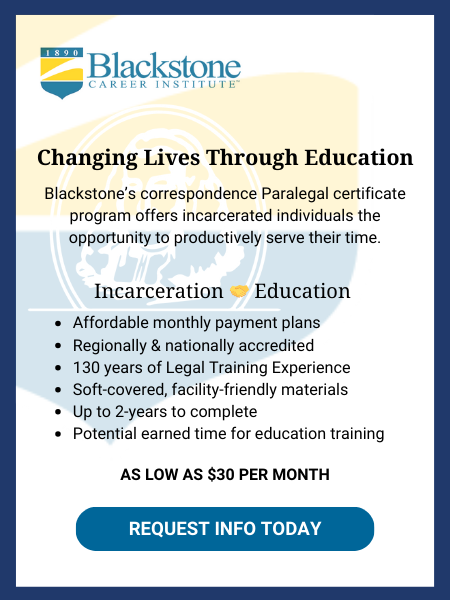by Richard Resch
In a 5-4 decision written by Justice Sotomayor, the Supreme Court of the United States held that the Arizona Supreme Court’s holding that Lynch v. Arizona, 578 U.S. 613 (2016), was not a “significant change in the law” is one of those rare cases in which ...
by Richard Resch
The Supreme Court of New Jersey unanimously adopted a Daubert-type standard for determining the admissibility of expert evidence under New Jersey Rules of Evidence 702 (“Rule 702”) in all future criminal and quasi-criminal cases. Daubert v. Merrell Dow Pharmaceuticals, Inc., 509 U.S. 579 (1993). The ...
The Twitter Files
Internal Communications Reveal Collusion With Outside Parties, Including Government Officials and Political Operatives, to Censor and Deplatform People Based on Their Views – the Most Prominent Being Donald Trump
Despite Being a Story of Historic Importance, Mainstream Media Are Colluding to Censor It Through a Conspiracy of ...
by Richard Resch
The U.S. Court of Appeals for the First Circuit held that the U.S. District Court for the District of Maine erred by instructing the jury that it could convict Willie Richard Minor of knowingly violating 18 U.S.C. § 922(g)(9) without finding that he knew that his prior ...
by Richard Resch
The Supreme Court of New Jersey held that because detectives repeatedly contradicted and undermined the importance of the defendant’s Miranda rights prior to and during interrogation, the State failed to prove that the defendant voluntarily waived his Miranda rights and thus suppressed his statement.
A Bergen County ...
by Richard Resch
The U.S. Court of Appeals for the Eighth Circuit held the Government breached its plea agreement with the defendant by advocating against an agreed-upon reduction for acceptance of responsibility under U.S.S.G. § 3E1.1.
Tommy Collins pleaded guilty on February 7, 2020, to sex trafficking of children. For ...
by Richard Resch
The Court of Criminal Appeals of Texas announced that the inference-of-falsity framework set forth in Ex parte Coty,418 S.W.3d 597 (Tex. Crim. App. 2014), applicable to state-actor lab technicians and forensic scientists, also applies to cases involving police officers with a proven history of falsifying evidence ...
by Richard Resch
The Supreme Court of the United States held that the “favorable determination” requirement for a Fourth Amendment claim under 42 U.S.C. § 1983 for malicious prosecution does not require the plaintiff to show that the prosecution ended with some“affirmative indication of innocence.” A showing that the prosecution ...
The Court of Appeal of California, Sixth Appellate District, held the trial court erred by admitting incriminating post-Miranda statements obtained through the use of pre-Miranda statements in a deliberate strategy to circumvent Miranda through the use of a two-step interrogation in violation of the Fifth and Fourteenth Amendments. ...
by Richard Resch
In a 9-0 opinion delivered by Justice Kagan, the Supreme Court of the United States held that defendant’s 10 burglary convictions for burglarizing 10 separate storage units all located within the same building constituted a single “occasion,” not 10, for purposes of the Armed Career Criminal Act ...





